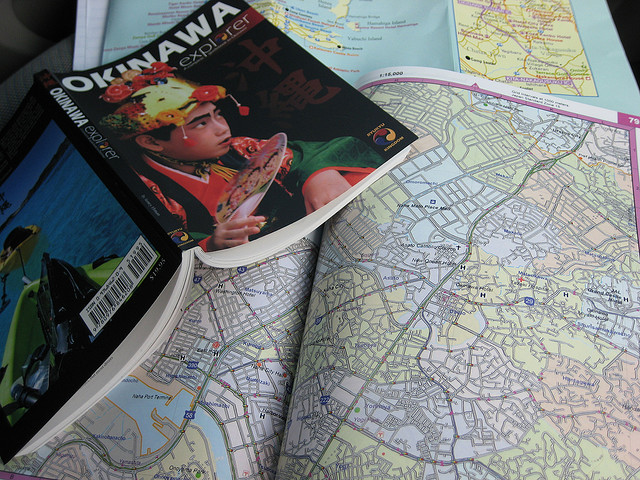Adventure travel is a broad concept. It can include everything from budget travel and extreme sports to expeditions and spontaneous travels. Some of these specific types of travel require meticulous planning. For example it’ s not uncommon for expeditions to take several years of preparations and planning. Spontaneous travel on the other hand requires almost no planning at all. A plane ticket and guidebook are enough, so to speak. In general, the average traveler or tourist has an idea of what he or she wants to do and see on a holiday. Sometimes the sole purpose of traveling is to relax on a beach or resort. In that case planning the holiday is nothing more than contacting a travel agency and paying them. But you can’t really call that adventure travel, can you?
Adventure travel could be described as travel that takes you out of your comfort zone, completely or only slightly. Bungee jumping, for example, is not within a lot of people’s comfort zone, while cycling may be. The point is to decide what kind of adventure you are looking for. If you want to do some long-distance hiking or cycling, than you are going to want to be at least a little bit in shape and prepared. Preparing and planning are not synonyms though. Preparing for a trip like that involves making sure you are fit and in a good physical condition, buying essential gear, and being aware of the cultural habits and laws of your destination. Planning merely involves looking at maps and guidebooks and deciding on a route and places to sleep and eat. While being prepared is the key to success when it comes to adventure travel, planning is not. You could absolutely have an amazing time without having planned anything at all. Not having an itinerary allows you to make decisions in the moment, spontaneously and without having to compromise something else. It is this kind of freedom that you should allow yourself to have for at least a couple of days during your holidays or travels. On the contrary, having a perfect itinerary but not being prepared could be disastrous.
When you plan your entire trip, you will have a schedule and probably expectations. Keeping to a schedule can be tough, especially when something unexpected happens, and expectations can turn into disappointments. Therefore it is better to be aware of suggested sights and activities at destinations your’e visiting, but don’t try to see all of them. It is better to spend more time in fewer places than less time in more places. Have a general plan but don’t overdo it. A general plan that isn’t too detailed allows you to make the most of your time away without being left with regrets about not seeing everything.
So to summarize: wherever you go, it is always good to be prepared; but no matter where you are going, it is important not to plan too much. Allow yourself the freedom to make decisions along the way.
Photo Credit: Creative Commons, Okinawa Steve

